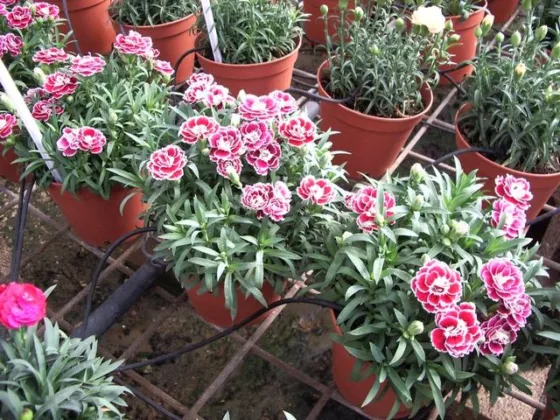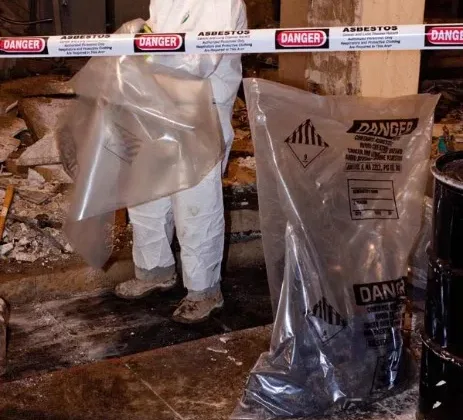Gardening composting — Most gardeners use some type of fertilizer to ensure that their soil contains an adequate amount of minerals and nutrients to provide their gardens with enough food to grow healthy plants.
In fact, fertilizer is so widely used that a single gardening center may carry several varieties to accommodate individual gardening needs.
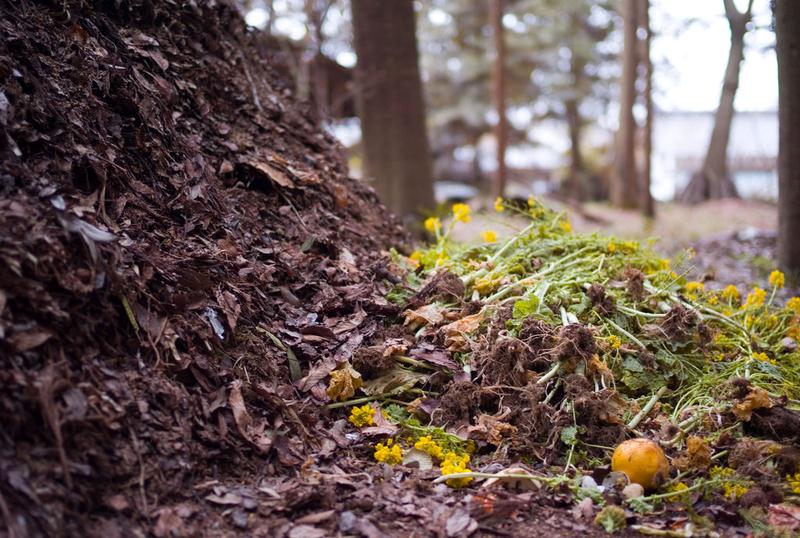
Gardening Composting Why and What
But buying fertilizer can be expensive, especially if you have a large garden. The good news is that you can make your own fertilizer by starting a compost heap.
By doing your own gardening composting, you will have unlimited compost year round.
Read Also:
Why Do Gardening Composting
Making your own garden compost has several benefits, the most obvious one being that it’s extremely cost-effective. So much so that it won’t cost you anything whatsoever. Using compost improves not only the texture of your soil but also the soil’s ability to retain water. It also increases the fertility of your soil without the use of chemicals which can be dangerous to animals or humans.
Compost can also do a great deal to fix common soil issues, such as loosening clay soils and making sandy soils a bit more water retentive.
From a broader point of view, gardening composting also is very helpful to the environment. It helps reduce landfill loads. With space in landfills becoming harder and harder to find, creating your own compost means that more unnecessary waste won’t be added to the already overfull landfills.
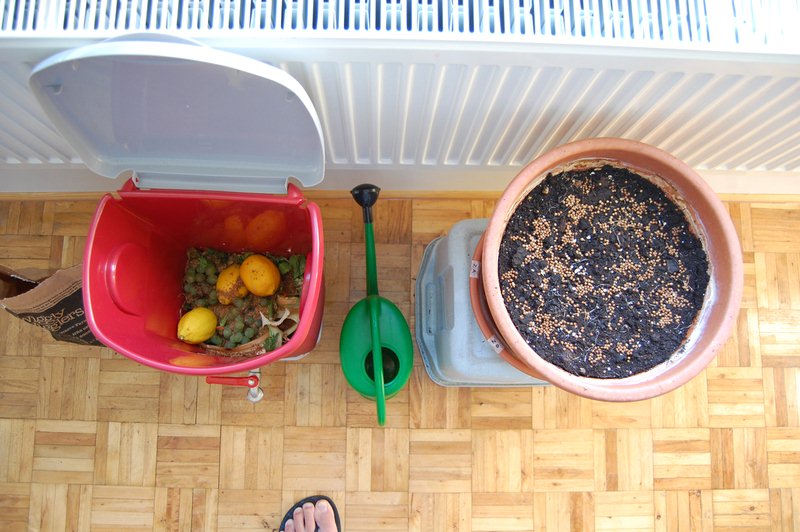
What to Use in Gardening Composting
Any type of organic material makes for good compost. Typically, a good compost pile will be composed of both brown and green materials.
Brown materials are things such as dead leaves, straw, and wood chips, whereas green materials are fresh items such as grass clippings and scraps from your kitchen.
The type and ratio of these materials can make a difference in the rate of decomposition, and it may take you a while to get the right ratio down. A general rule of thumb for gardening composting is 25 parts of browns to 1 part of greens.
When it comes to natural yard waste, there are a few you’ll want to avoid using in your compost pile. Black walnuts trees, sumac, poison oak, and poison ivy are all toxic and should be avoided at all costs.
If you use pine needles, be sure to chop them up because their waxy coating makes them slow to decompose. Grass clippings make wonderful compost, as they break down quickly and are rich in nitrogen.
To avoid them turning sour, you can spread them out on the driveway and let them sit in the sun. This will dry them out and make them ready for the compost heap.
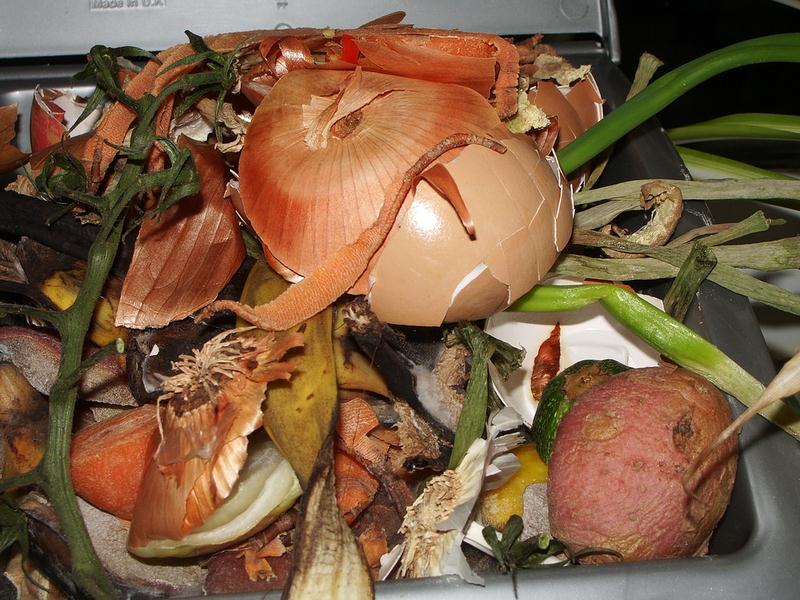
When it comes to kitchen scraps, pretty much anything is suitable for use in gardening composting. A vegetable matter like melon rinds, any type of peelings, etc., can be used. Meats and fatty foods can also go into the compost heap, but keep in mind that these will create a rather unpleasant odor as they decompose, and may attract pests to your compost pile.
Other additions to your compost pile can include things like ashes from your wood stove or fireplace, plants or weeds pulled from your garden, hay or straw, and even manure.
Conclusion
Doing your own gardening composting not only providing yourself with a ready source of food for your garden you’re also helping reduce landfill refuse and saving yourself a lot of money that could be spent elsewhere. Once you know what to put into your compost heap, all that’s left is to choose a spot or a composting bin to start it in.
References & Credit
- What is home composting? – Composting At Home | Reduce, Reuse, Recycle | US EPA
- The best material for compost and What not to put in the compost? – What to Compost (Ingredients) | Planet Natural
- How long does it take to make compost? – Composting in the Home Garden – Common Questions
- How can I speed up the composting process? – Jumpstart Your Compost: Gardener’s Supply
- What bacteria is in compost? – The Science of Composting – Composting for the Homeowner | University of Illinois Extension
- Vegetable Waste Image by Smabs Sputzer @ Flickr.com
- Neighbor’s compost Image by Joi Ito @ Flickr.com
- Indoor composting and gardening Image by Mathias Baert @ Flickr.com
